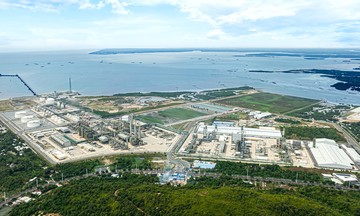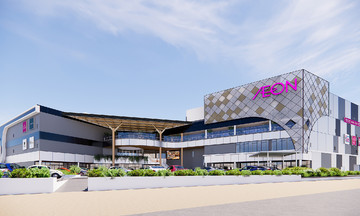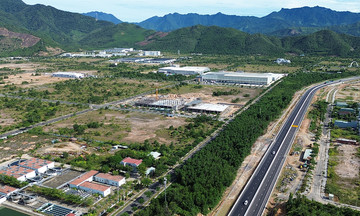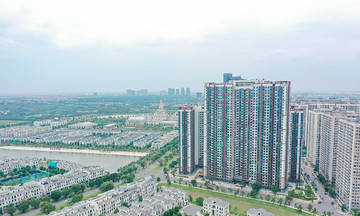At the recent Private Sector Economic Forum's innovation and startup session, Bui Thu Thuy, Deputy Director of the Department of Private Enterprise Development and Collective Economy (Ministry of Finance), stated that the Ministry is seeking feedback on a draft decree guiding the implementation of Resolution 198 on special mechanisms and policies for private sector development.
Regarding land access policies, the draft decree stipulates that each industrial park or cluster must allocate 20 hectares or 5% of its total land to small and medium-sized enterprises, private tech companies, and startups. These businesses will receive a minimum 30% rent reduction, subsidized by local budgets.
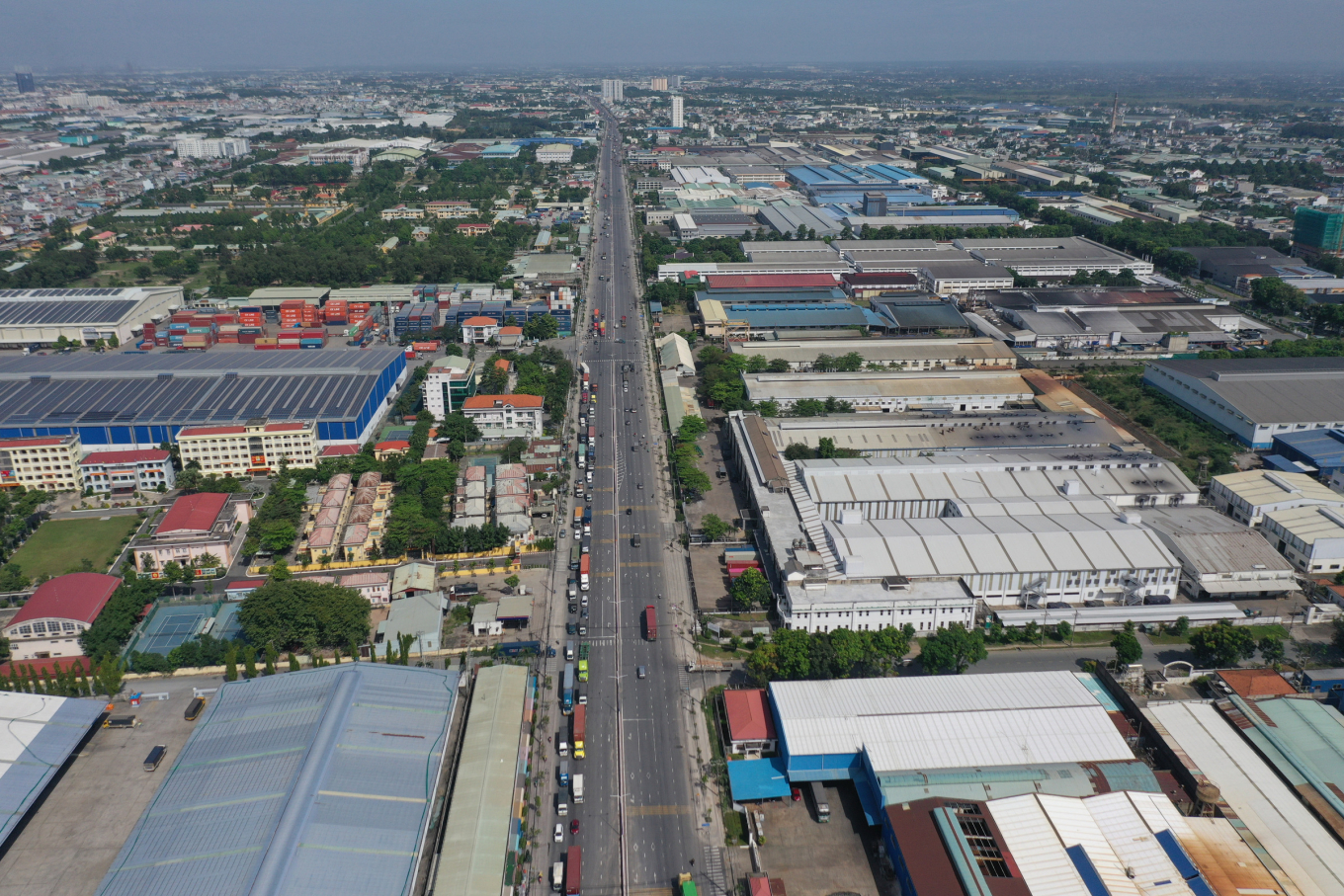 |
A corner of Song Than Industrial Park, Binh Duong. Photo: Quynh Tran |
A corner of Song Than Industrial Park, Binh Duong. Photo: Quynh Tran
Many industrial parks are willing to support small businesses and startups by leasing land, but face challenges due to the size of available lots.
Pham Thi Bich Hue, Chairwoman of Western Pacific JSC, explained that industrial parks are typically planned with minimum lot sizes of 2-3 hectares. This planning requires government approval at scales of 1/2,000 and 1/500. However, small businesses and startups often require only one-tenth of the minimum lot size, making it difficult for them to find suitable space.
"Supporting smaller leases would require us to adjust planning, which takes about 8-12 months," said Hue, also Vice President of the Young Entrepreneurs Association of Vietnam. Representing a company that owns 1,000 hectares of industrial park land, she proposed removing planning constraints for such activities to avoid situations where "leasing 1,000 square meters of land takes a year of paperwork."
The leader of the Department of Private Enterprise Development and Collective Economy acknowledged this as a common issue. After gathering feedback, the draft policies supporting the private sector will be submitted to the government this month.
At the same event, several companies committed to supporting land leases and startup incubation. Nguyen Van Hung, Chairman of CNCTech, stated that his company will allocate 10 hectares for this purpose at the Nam Binh Xuyen Green Park, which broke ground on 19/8 in Phu Tho.
Hung, also Chairman of the Young Entrepreneurs Association of Vietnam's Investment and Startup Club, proposed a sandbox incubation model (a controlled testing environment). For example, with a new model, businesses could select a few startups to work for 3-6 months. "By working together, trying and failing, they will find the right direction," Hung said.
Successful pilot models will then be proposed to authorities for wider implementation. The sandbox approach is now incorporated into the Law on Science, Technology, and Innovation, embracing the principles of "risk acceptance" and "liability exemption," providing opportunities to test new initiatives.
A Western Pacific representative also expressed interest in participating in the sandbox program. Regarding land access, Hue suggested that communities and clubs consolidate the needs of businesses within this group. They would then establish a department to subdivide lots and provide support.
Thuy Truong






